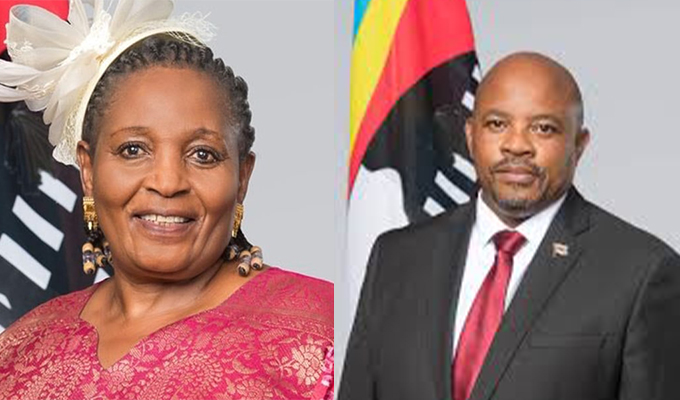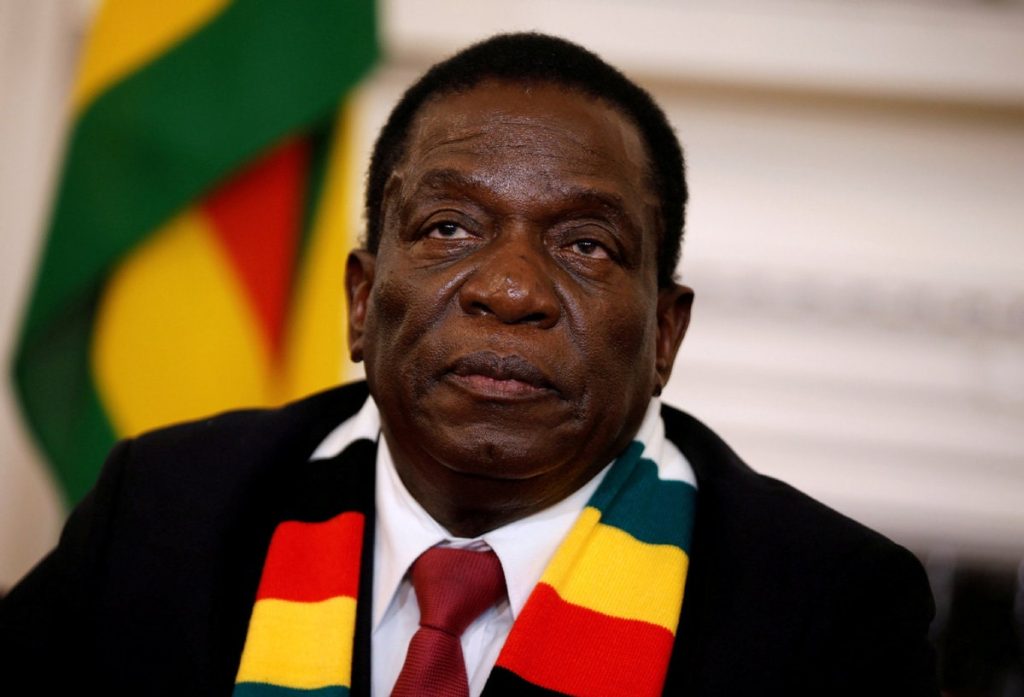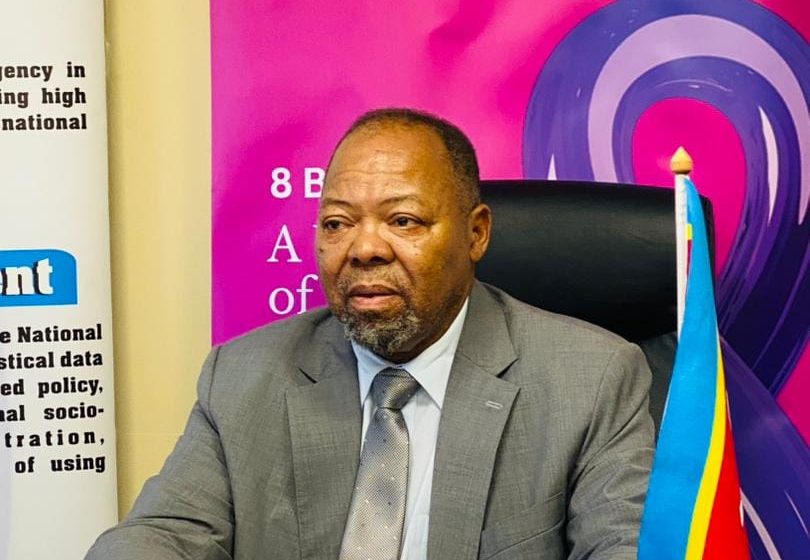
Minister of Economic Planning & Development Dr Thambo Gina
Eswatini Minister confesses to flouting procurement rules in E1.8bn ‘Royal Villas’ project
BY INHLASE REPORTER
The minister overseeing Eswatini’s national planning has acknowledged that he violated procurement law and defied a parliamentary order in an effort to push through a luxury housing project worth more than E1.8 billion for visiting dignitaries.
Dr. Thambo Gina, Minister of Economic Planning and Development (MEPD), told senators recently that he issued a letter of award without approval and sought to persuade both the Government Tender Board and lawmakers to ratify the deal after it had already been signed. The confession, delivered under questioning before the Senate Economic Planning Portfolio Committee, has renewed public scrutiny of how the government manages its most expensive infrastructure contracts.
“I want to confess that what you have been reading in the media about the letters of award was true,” he told senators.
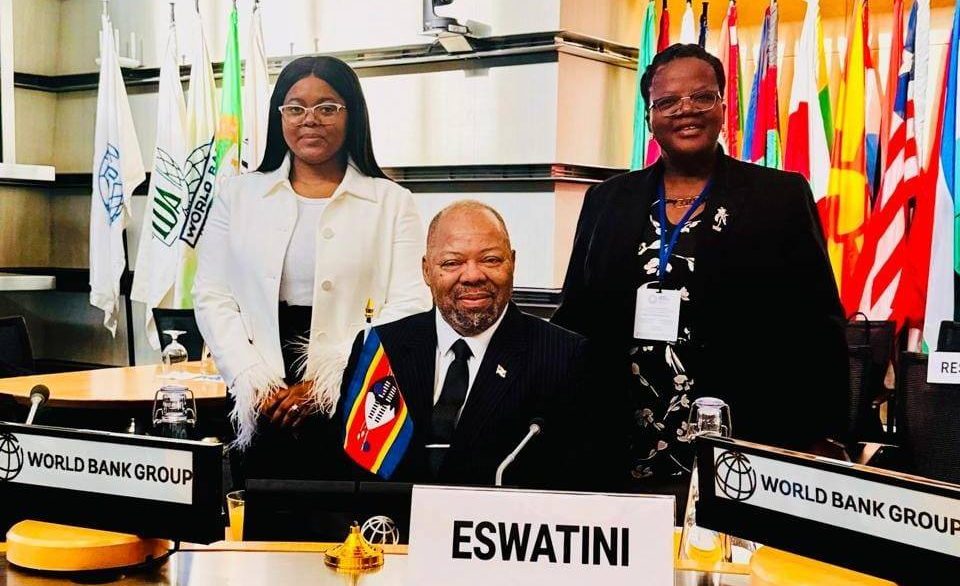
“We requested about E450 million for the villas, but the House rejected it and told us to finish the ICC-FISH project first.”
A Project Parliament Rejected
The villas were conceived as an extension of the International Convention Centre and Five-Star Hotel (ICC-FISH), a prestige complex in Ezulwini that has already cost taxpayers more than E5 billion and missed multiple completion deadlines.
During budget hearings earlier this year, Parliament’s Finance Portfolio Committee reduced the ministry’s request for the villas from E50 million to E5 million, limiting expenditure to design and feasibility studies. Legislators cited the project’s ballooning costs and ordered the ministry to halt construction until the convention centre was complete.
Yet within two months, Dr. Gina’s ministry issued a Letter of Award naming a local interior-design company as “Main Contractor for the Design and Build of 60 Royal Villas.” The letter committed the government to a total cost of E1 876 000 000, including E74 million in soft costs and another E74 million in fund-raising expenses.
An ‘Emergency’ That Wasn’t
To give the deal a veneer of legality, the ministry later sought approval from the Government Tender Board under an “emergency engagement” clause of the 2011 Procurement Act — a mechanism intended for disasters, not development.
A Tender Board memo dated 6 June 2025 approved the project under the heading “Emergency Engagement of a Service Provider for the Construction of Proposed Presidential Villas.” In Parliament, Dr. Gina conceded that the “emergency” designation had been fabricated.
“We issued the tender with an impression that if we come to Parliament with the deal in hand and request the budget with an ongoing construction on-site the Parliament would approve the budget.”
He further admitted there had been no open tender, no competing bids, and no demonstration of a genuine emergency — a direct violation of the Procurement Act.
“There was no open tender process nor other companies that were approached. The business just approached us and promised the project,” Dr Gina told the parliamentary committee.
Members of the Senate committee reacted with disbelief. Senator Siphelele Mkhonta demanded to know how the ministry had selected the company and whether any due diligence had been conducted. Others questioned why the ministry prioritised luxury villas while public hospitals and schools faced shortages.

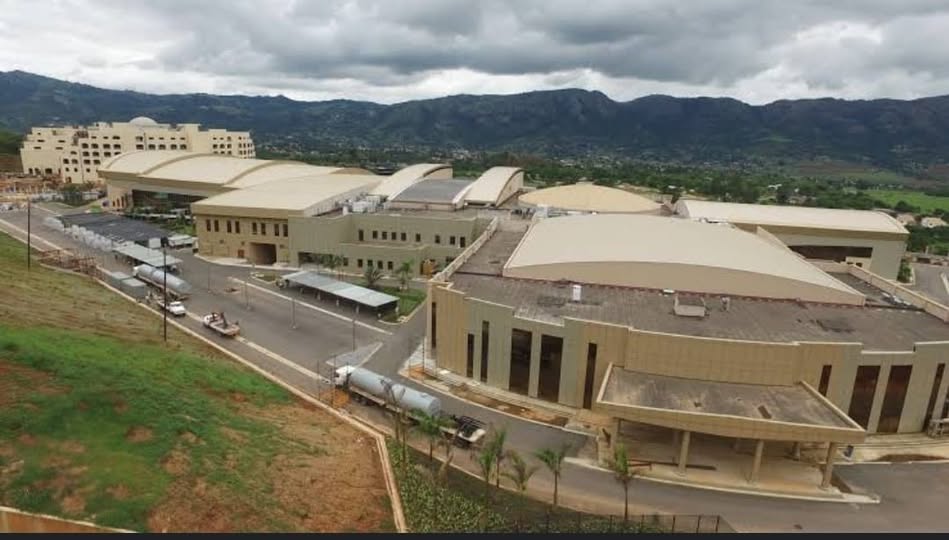
Dr. Gina defended his decision as preparation for “major upcoming international events” that would bring high-profile guests to Eswatini, saying the villas could later boost tourism. His explanation did little to ease lawmakers’ anger or restore confidence in the government’s procurement system.
“We saw that there were huge events that were scheduled to take place in the country. Then the ministry looked at building at least five villas that would house delegates who cannot be accommodated to hotels because of their global status could use the villas hence they had to come with the project.”
After initial groundwork began in May, the ministry later confirmed it had suspended the project following parliamentary scrutiny. Despite this clear legislative restraint, Dr Gina admitted to going “behind everyone’s back” and entering into a deal less than two months after the resolution. He unilaterally awarded the contract to an interior design company under the guise of a Public Private Partnership (PPP).
The E1.8 billion deal
The financial details of the deal, as contained in a Letter of Award from the Ministry of Economic Planning and Development dated 6 May 2025, reveal a cost that dramatically exceeds the initial budget requests.
Addressed to the Managing Director of the company, the letter confirmed the appointment as the “Main Contractor for the Design and build of 60 Royal Villas to be constructed at Ezulwini, Eswatini.”
The scope of works detailed in the letter is comprehensive and costly, encompassing:
- Architectural, Structural, Interior, Landscape and MEP Design of 60 Villas.
- Construction of 60 villas (5 bedroom each villa where 1 bedroom maybe a Gym).
- MEP Inside all the Villas (utilities and supply of Power/drainage by the infrastructure contractor).
- Feasibility Report.
- Landscape – Hardscape and Soft cape inside the villa Boundary walls.
- Interior Finishes + Joinery Works inside all the villas.
- Boundary wall for each villa.
The document then breaks down the costs, revealing how the project’s price tag exploded from the initially requested E450 million to a staggering E1 876 000 000
- Cost of Villas Construction: E1 728 000 000
- Soft Costs: E74 000 000
- Cost of Fundraising: E74 000 000
- TOTAL: E 1 876 000 000
The letter further specified that this total amount was pegged to “USD 101 405 405.00” using an exchange rate of 18.5, indicating a currency conversion arrangement.

